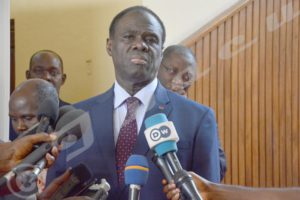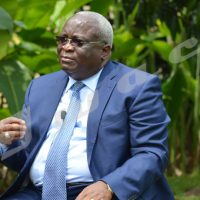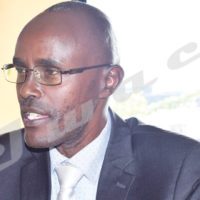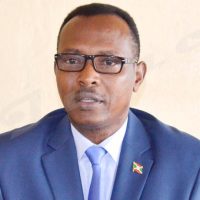The decision of Burundi government to revise the constitution has hampered economic development, Michel Kafando, the special envoy of the UN Secretary General to Burundi told 15 members of the UN Security Council on 26 February.

Michel Kafando, UN Secretary Special Envoy to Burundi
He said the current political situation in Burundi is not suitable to conduct credible elections adding that human right violations are still reported and the humanitarian situation is still worrying. “The security situation remains tense,” said Kafando. He criticized that only the ruling party and its allied political groups are authorized to conduct political activities.
For him, the inter-Burundian dialogue remains indispensable to bring Burundians together and build a strong nation.
Burundi government is preparing to amend the current Burundi constitution adopted in 2005. The latter resulted from the Arusha Peace and Reconciliation Agreement signed in 2000 to put an end to a civil war which erupted in 1993 after the assassination of Melchior Ndadaye, the first democratically elected president. The constitutional referendum process is advanced since the Independent Electoral National Commission completed the voters’ registration activity on 17 February.
Albert Shingiro, the Burundi ambassador to UN claimed that Burundi security situation is generally calm throughout the country adding that Burundi is working to create a suitable environment for democratic, free and transparent elections.
He also affirmed the inter-Burundian dialogue under the auspice of the East African Community is not dead.
In a report presented to the council this month, the UNSG, Antonio Guteress worried that the inter-Burundian dialogue was suspended. He also expressed concern about the plan of Burundi government to amend the constitution.
Phénias Nigaba, Secretary General of Sahwanya FRODEBU, party calls on Burundi government to follow the UN secretary-general advice and drop the process to amend the national constitution. “The UN is responsible for preventing conflicts and crimes among UN member countries. If it is worried about the change of this constitution, it is because it has realized that this amendment would plunge the country into a dangerous situation,” says Nigaba.



















 IWACU Open Data
IWACU Open Data

